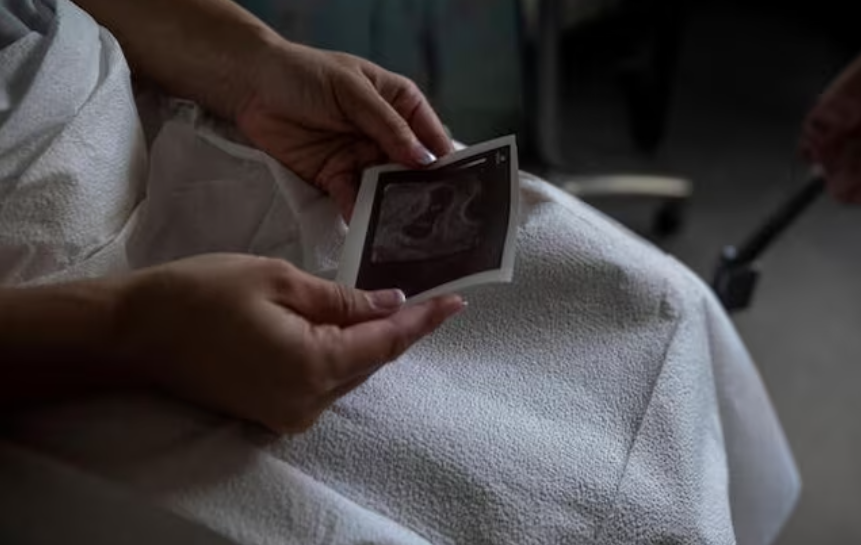On Friday, Texas’ highest court limited women’s ability to obtain monetary damages from medical providers whose alleged negligence led them to have unwanted pregnancies, ruling that state law does not treat the birth of a healthy child as an injury for which a parent must be compensated.
The Texas Supreme Court ruled that a mother in El Paso, Grissel Velasco, who alleged her doctor negligently failed to perform a sterilization procedure known as a tubal ligation, was not entitled to recover any damages from him. Velasco had sought damages from Dr. Michiel Noe and his medical practice, Sun City Women’s Health Care, for medical expenses, physical and mental harms, and the costs of raising her now eight-year-old girl.
Justice Rebeca Huddle, writing for a unanimous court whose nine members are all Republicans, said the type of damages Velasco could pursue for the birth of a healthy child were far narrower than in a typical medical negligence case. “Texas law does not regard a healthy child as an injury for which a parent must be compensated but, rather, as a life with inherent dignity and profound, immeasurable value,” Huddle wrote.
She stated that, as a result, under Texas law, a parent could only recover economic damages incurred during the pregnancy, delivery, and postpartum period, such as medical expenses, and nothing more. With regard to medical expenses, Huddle said Velasco was not entitled to damages as the doctor had reimbursed her for the $400 she paid to have her tubes tied. The costs of her pregnancy were otherwise covered by the federal Children’s Health Insurance Program.
‘Ruling takes away patient’s voice’
Jose Lopez, an attorney for Velasco, stated that the ruling had “taken away a patient’s voice and choice and has immunized the negligent doctor from civil liability.” Noe’s attorney did not respond to a request for comment. Noe has said he did not perform the procedure because Velasco’s records indicated she had not requested one, and that she had not waited a required 30-day consent period to undergo permanent sterilization.
The ruling further limits the recourse for women with unwanted pregnancies in Texas, where a near-total abortion ban took effect after the conservative-majority U.S. Supreme Court’s 2022 overturned the 1973 ruling Roe v. Wade that established a nationwide right for women to obtain abortions.
The Texas Supreme Court heard arguments in Velasco’s case the same day that a group of patients and doctors in a separate lawsuit urged the justices to ensure that doctors cannot be prosecuted if they perform abortions that are necessary to safeguard the mother’s life or health. The justices have yet to rule in that case.
In her lawsuit, Velasco alleged that she had arranged for Noe to have her tubes tied at the same time that she underwent a C-section to deliver her third child in July 2014. In October 2015, Velasco said she discovered she was again pregnant and learned that the sterilization procedure had not been performed. Velasco, who did not want an abortion, gave birth to her fourth child and then sued Noe. A trial court judge had dismissed her case, but an intermediate appeals court had revived her medical negligence claim, prompting an appeal by Noe.

